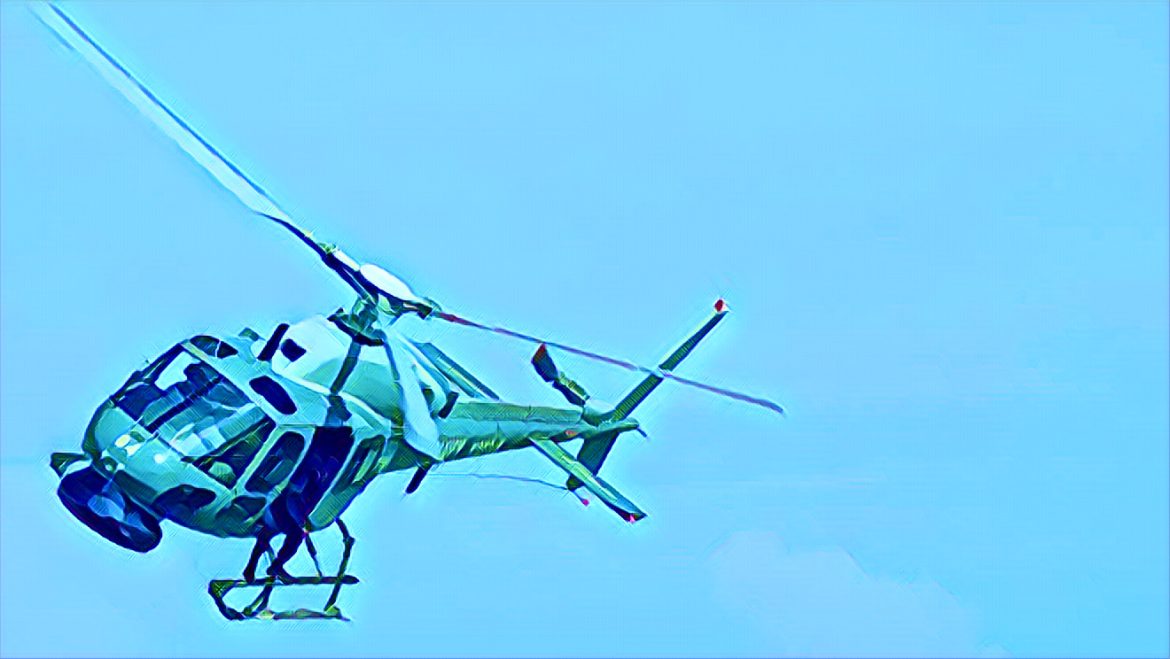KEY POINTS
- A helicopter crash in Nigeria’s oil-rich Niger Delta resulted in the death of at least three individuals, according to NNPC reports.
- The helicopter was transporting oil workers, emphasizing the dangers associated with the oil industry’s heavy reliance on air travel in remote areas.
- Investigations are underway to determine whether mechanical failure, human error, or environmental factors contributed to the crash.
Unfortunately, a helicopter crash in Nigeria on 24th October, 2024 was fatal as it killed at least three people as reported by the Nigerian National Petroleum Corporation (NNPC). As published by Reuters, this happened in the country’s oil bearing region, the Niger Delta and affected persons associated with the oil industry. Besides the toll this crash has on people, it raises questions about the safety of workers and the health of Nigeria’s oil industry.
The incident and Its immediate impact
The accident is said to have occurred when a helicopter that was ferrying oil workers over the area, a routine but very dangerous business in the world’s leading oil producing nation. Some of the facts regarding the crash are still coming out and efforts are being made to establish the cause of the accident.
However, like many other crashes in the Nigeria’s oil industry this raises issues on safety measures in one of the most sensitive sectors of the Nigerian economy. Helicopter is often used as a mode of transport for moving people to and from the oil installation and other hard to reach areas by road especially the offshore oil installation or the remote oil producing region of the Niger Delta.
These trips are important to sustaining the Nigeria’s oil production and maintenance of the country’s Gross Domestic Product. However, as important as this mode of transport is, such an incident as this one shows that there is latent danger.
Examining the causes: human error or mechanical failure?
While it is too early to draw definitive conclusions, past helicopter crashes in Nigeria have often been attributed to one of two causes: either through human mistake or mechanical breakdown.
The Nigeria oil sector depends largely on obsolete facilities, and the aircraft involved in this sector are equally old. Some of the helicopters in use today have been in circulation for several years, and even though they are well maintained, the machines are bound to develop faults or even break down completely.
On the other hand, human error which could be that of the pilot or any other personnel in the aircraft cannot be entirely dismissed. Intensive working pressure, difficult climate in the Niger delta, and transportation of workers are some of the factors that make even the smallest of errors fatal.
Ensuring Safety for the Future: what needs to change
In fact, this particular tragedy puts Nigeria in an important position where it must reassess and bolster its safety standards in the oil industry. The number of people killed is a clear indication of the dangers that oil workers have to endure daily and it is therefore high time that both governmental organizations and private entities increased their safety measures.
Several steps could be taken to prevent future accidents:
- Improved aircraft maintenance: It is very important that helicopters are also checked and overhauled frequently to meet the highest safety requirements.
- Advanced pilot training: To minimize the risk of human errors, there should be constant training of pilots on how to cope with the peculiarities of flying in the Niger Delta.
- Stricter government oversight: The Nigerian government must come out with a more active participation in the regulation of safety standards of the oil sector.
- Emergency response protocols: This is because in the event of an accident the response of the emergency response teams can greatly be determined by their speed.
- Worker safety advocacy: Employees operating in the oil industry must be able to speak out regarding their safety. It can be possible to improve the communication links between the workers, unions, and the companies so as to make sure that any safety issues are well handled.
The broader implications: oil, the economy, and national wellbeing
Crude oil industry is the main economic resource for Nigeria as it contributes about 90% of the nation’s export revenue. Therefore the occurrence of any event that affects this industry has a multiplier effect on the economy. Apart from the loss of lives in the crash and other accidents, heli-copters pose a real threat to interrupt oil production and this has economic implications.
Protection of workers in the oil sector is not a question of social justice alone, but a question of economic stability. In case of accidents, the oil companies may experience production delays, high insurance costs, and product reputation loss, which in one way or the other have a negative impact on the nation’s bottom line.
In addition, numerous accidents may discourage foreign investors in Nigeria’s oil sector that is facing other problems like oil leakages, corruption, and volatile global oil market. While Nigeria tries to cope with the challenges that come with the management of the large hydrocarbon resources, the lives of its workers cannot be taken lightly.
Reflecting on the helicopter crash that occurred on October 24, one must further admit that greater efforts are required to safeguard those who create the country’s wealth. Thus Nigeria should invest in better infrastructure, provide better training for the workers and increase the level of regulation to avoid such catastrophes in future and maintain the position of the oil sector in the country.


